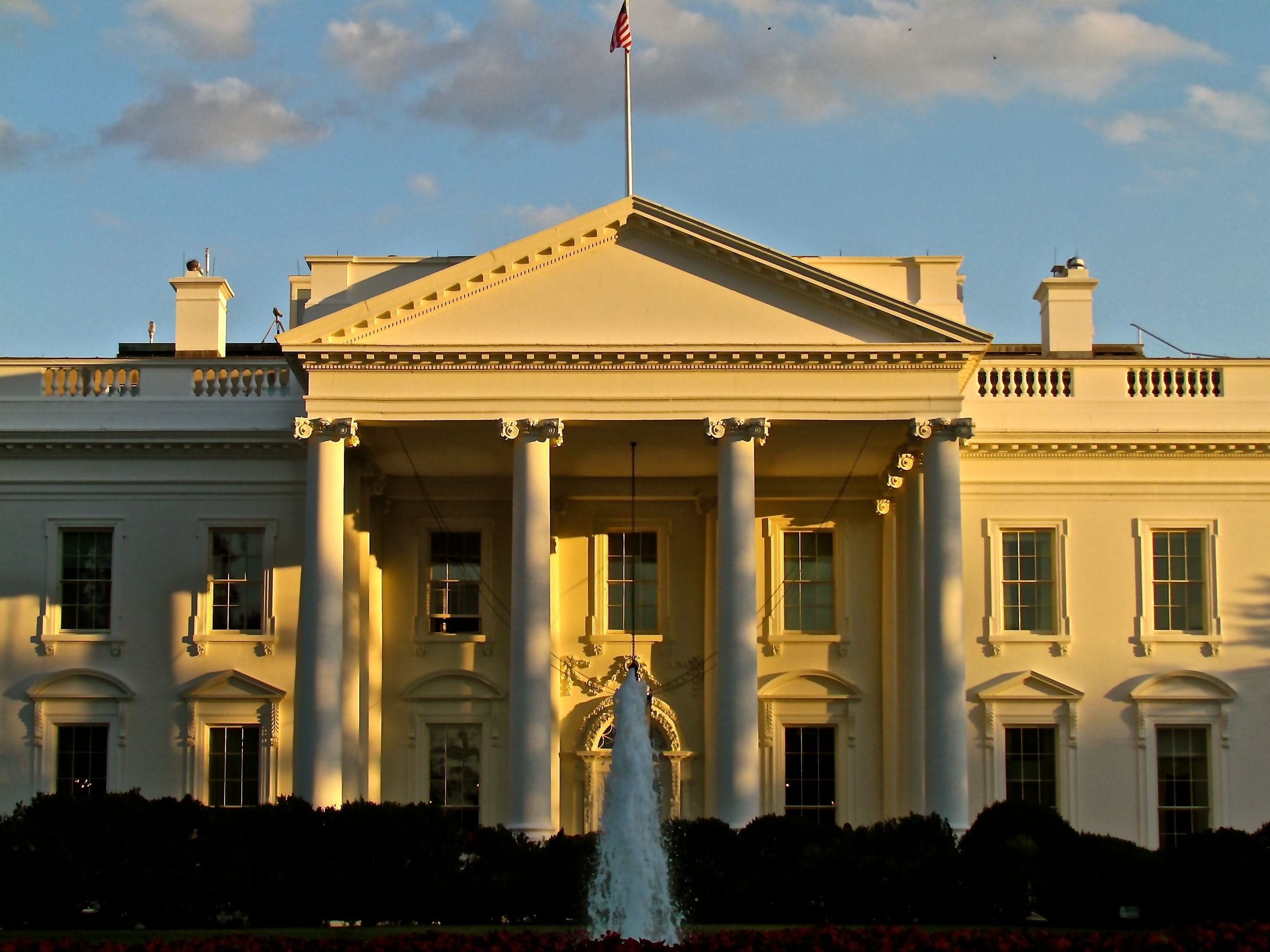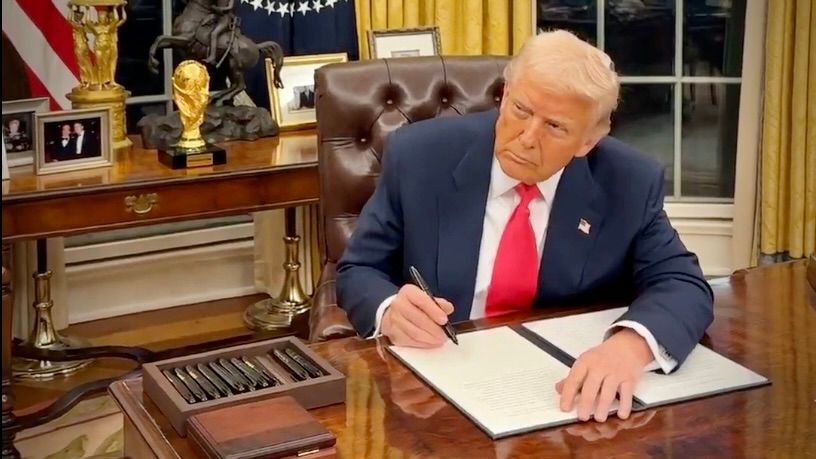The U.S. Renewable Energy Industry: A Conundrum
The U.S. renewable energy industry is in an unusual predicament. Large-scale projects, such as the southwestern wind turbine project SunZia, which is expected to provide enough electricity to power three million homes, are funded with relative ease thanks to long-established relationships with financial giants. In contrast, small-scale installations, like solar panels on one’s rooftop, are becoming increasingly cheaper to implement daily.
However, the consolidation of the energy sector is making it increasingly challenging for mid-sized projects to secure the financing they need. These ventures, typically worth less than $100 million, are too pricey for regular people to afford, yet too modest for financial heavyweights to take an interest in them.
Enter Plural Energy
That’s where Plural Energy steps in. The two-year-old tokenization firm enables mid-sized renewable energy projects to raise funds from investors on-chain, with the dual aim of dramatically expanding the number of people who can invest in renewable energy assets while also developing new kinds of financial products for the energy sector.
“Right now, the process of raising capital for solar is just unacceptable. We’re never going to hit our climate goals,” said Adam Silver, co-founder and CEO of Plural Energy. “[We want] to make an easy button for capital raising for good climate assets.”
“By taking advantage of tokenization, we can essentially unlock all of the magic that happens in DeFi ecosystems, and bring it to an industry that’s desperately in need of financial innovation,” Silver added.
Pitching to Plural Energy
Investors can access four types of products through Plural Energy. The first is small-scale asset-backed instruments, like a project bundling 1,000 rooftop solar installations into a single security, which is then tokenized. The second category is development-stage renewables, and the third is operating renewables (for example, pre-existing solar plants seeking to raise additional funds to expand).
The fourth category, Silver said, is the “weird stuff,” like a battery that uses artificial intelligence (AI) to trade, or the bitcoin (BTC) mine being built by Sangha Renewables on a West Texas solar plant operated by an energy company. “Things that are a little bit out of the ordinary for traditional infrastructure investors, but are really cool to everyone else,” Silver said.
Investing through Plural Energy
Once a project has been given the green light, issuers on Plural get to choose what types of securities they want to offer — like common equity, convertible notes with interest, or unsecured convertible notes. Each of these security instruments receives a unique token in the back-end. Investors then get to choose what kind of security they want, and receive the appropriate tokens for it.
However, each deal comes with its own unique requirements. For example, one project gave retail investors the opportunity to invest as little as $500 in a portfolio of solar projects. In the case of Sangha’s bitcoin mine, however, the deal is only open for accredited investors, with a minimum investment of $50,000.
Green Energy Tokens in DeFi
Blockchain technology doesn’t just allow Plural to access a broader array of investors; it also enables innovations in terms of the platform’s payment systems.
One area the eight-person team is focusing on is using smart contracts to simplify payment terms, or how a given project splits its proceeds. For example, waterfall distribution schedules can see the project forward 98% of dividends to investors up to a threshold, and then evenly split the rest between investor and issuer.
“With smart contracts, the headache of administering and calculating all of that just completely goes away,” Silver said. “Now our issuers make a single payment into Plural and then smart contracts automate all the distributions according to business rules.”
Conclusion
Plural Energy is poised to revolutionize the way renewable energy projects are financed, providing a platform for mid-sized ventures to access a broader array of investors and streamline the fundraising process. By leveraging tokenization and smart contracts, the company is enabling a more efficient and transparent way of raising capital for good climate assets.
FAQs
Q: What is Plural Energy?
A: Plural Energy is a tokenization firm that enables mid-sized renewable energy projects to raise funds from investors on-chain.
Q: What types of products does Plural Energy offer?
A: Plural Energy offers four types of products: small-scale asset-backed instruments, development-stage renewables, operating renewables, and the “weird stuff” category, which includes innovative projects like AI-powered batteries and bitcoin mines.
Q: How do investors access Plural Energy products?
A: Investors can access Plural Energy products by choosing the type of security they want to invest in, such as common equity, convertible notes, or unsecured convertible notes.
Q: What is the minimum investment required for Plural Energy products?
A: The minimum investment required varies depending on the project, ranging from $500 for retail investors to $50,000 for accredited investors.
Q: What is the potential impact of Plural Energy on the renewable energy industry?
A: Plural Energy has the potential to revolutionize the way renewable energy projects are financed, providing a platform for mid-sized ventures to access a broader array of investors and streamline the fundraising process.
Q: What is the role of smart contracts in Plural Energy’s platform?
A: Smart contracts play a crucial role in Plural Energy’s platform, enabling the automation of payment terms and distributions according to business rules.










